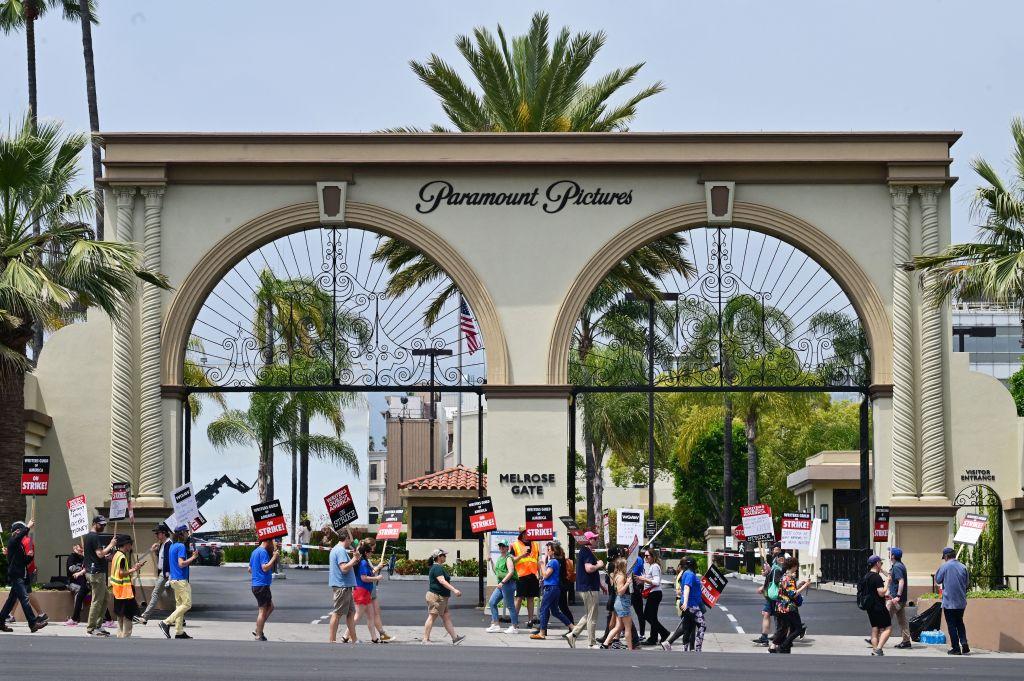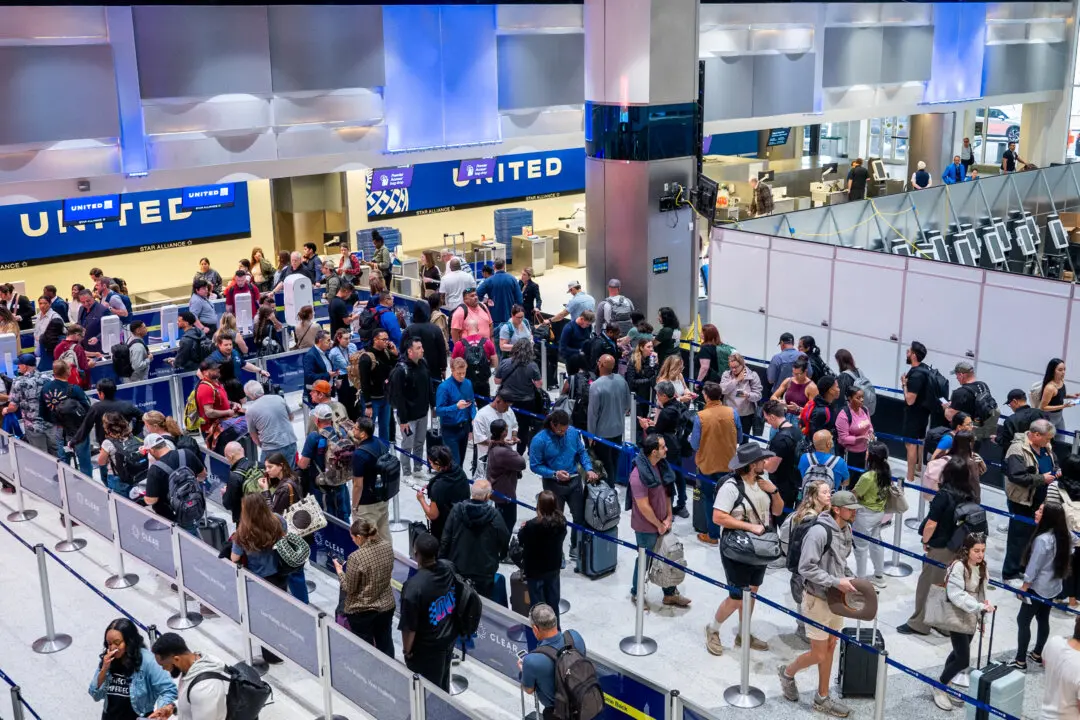With one major strike wrapping up, should Hollywood’s biggest studios prepare for another?
During Senate testimony on Nov. 14, International Brotherhood of Teamsters (IBT) General President Sean O'Brien said “in a few months” more than 7,000 Teamsters and members of the International Alliance of Theatrical Stage Employees, Moving Picture Technicians, Artists and Allied Crafts of the United States, Its Territories and Canada (IATSE) will “take on the big movie and TV studios.”





